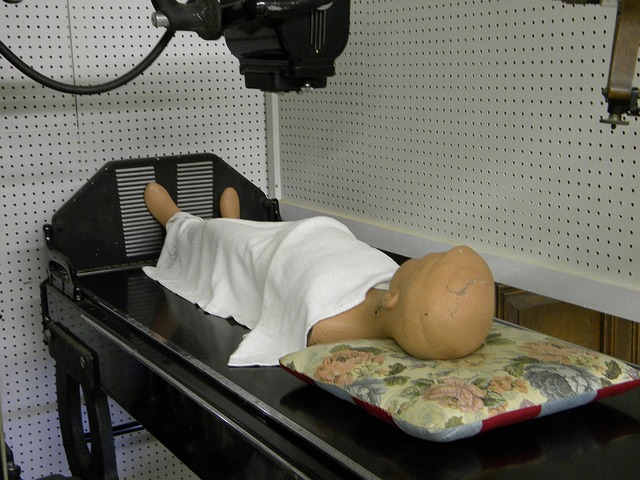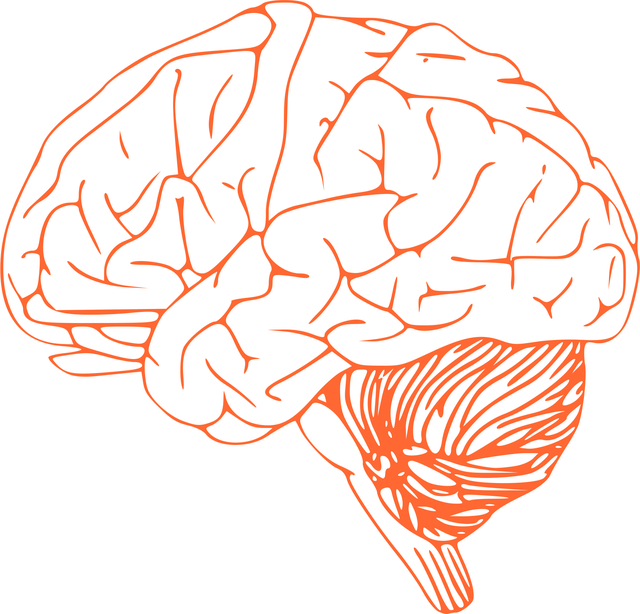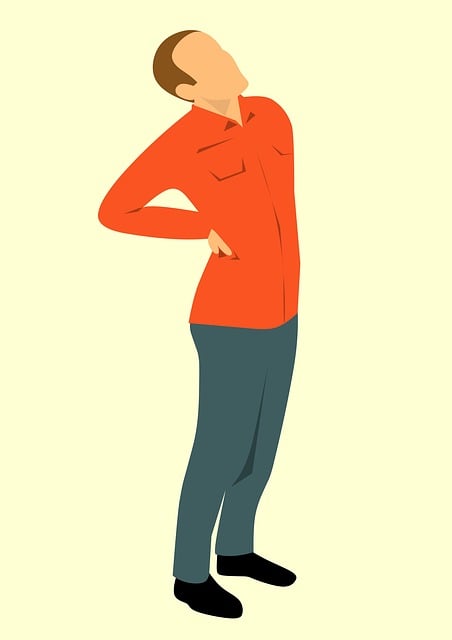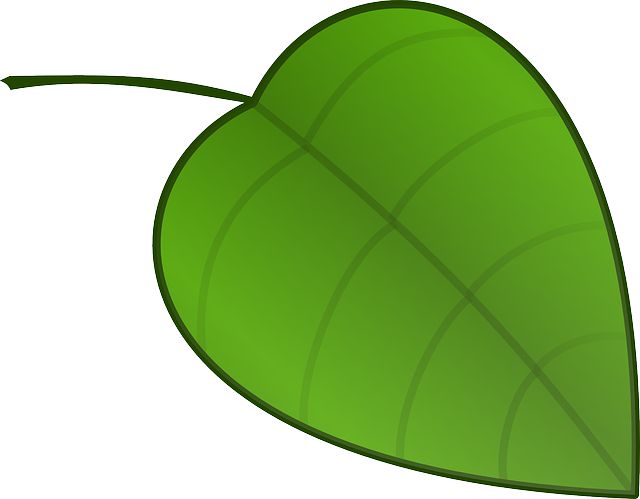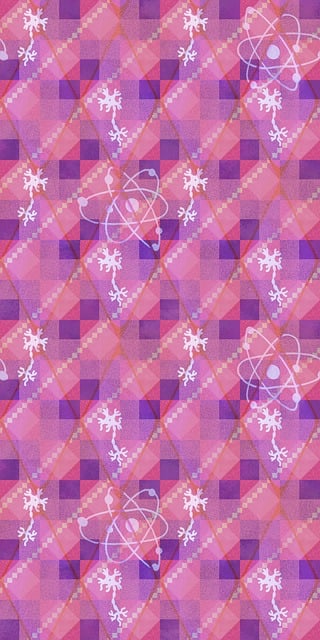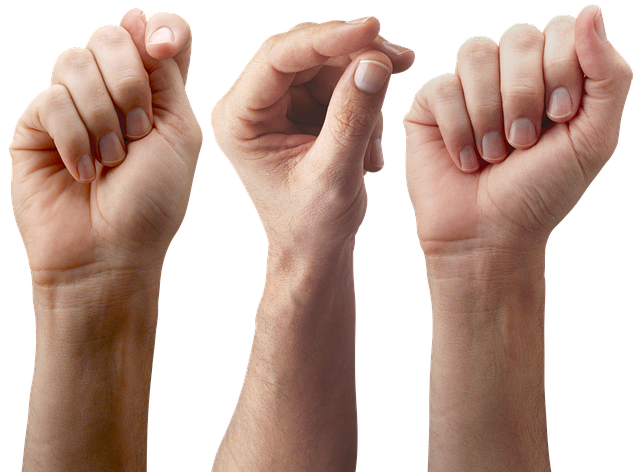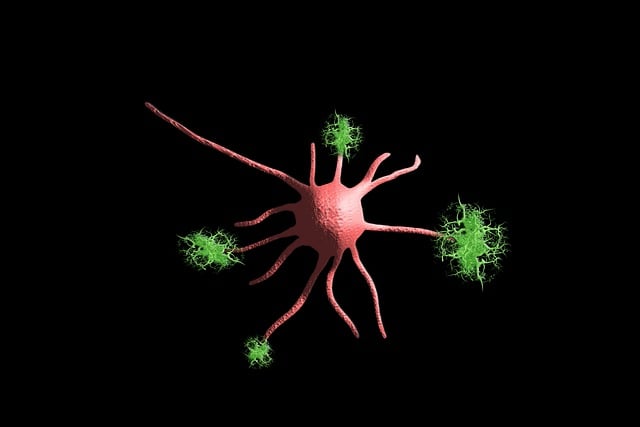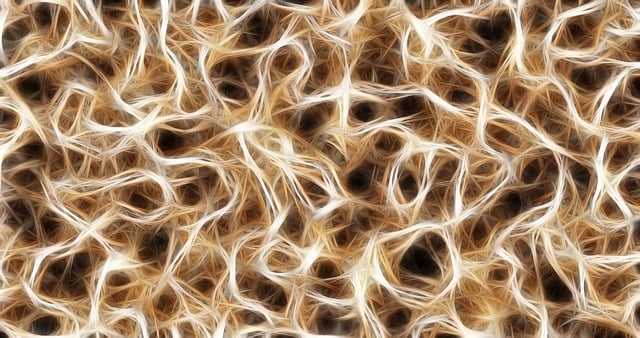Experiencing pinched nerves post-crash? Chiropractic care offers a non-invasive, effective treatment for nerve impingement resulting from accidents. Chiropractors diagnose and adjust spinal misalignments pressing on nerves, providing pain relief. Combined with physical therapy, self-care, and lifestyle changes, this holistic approach ensures faster recovery and prevents reoccurrence. For optimal results in treating pinched nerves after a crash, consider chiropractic care.
Neck and back nerve impingement after a crash can cause significant discomfort and limited mobility. This condition arises when spinal structures press upon nearby nerves, leading to pain radiating through the affected areas. While severe cases may require medical intervention, many find relief through chiropractic care, which focuses on adjusting the spine to reduce pressure on nerves. Additionally, therapies like physical therapy and self-care measures can accelerate recovery. This article explores these treatment options, emphasizing the role of the chiropractor in managing a pinched nerve post-crash effectively.
- Understanding Neck and Back Nerve Impingement After a Crash
- Chiropractic Care as a Treatment Approach
- Additional Therapies and Self-Care Measures for Recovery
Understanding Neck and Back Nerve Impingement After a Crash
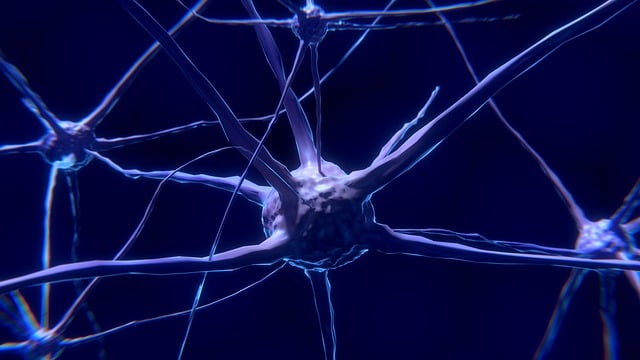
After a crash, whether in a car accident or due to sports injury, understanding neck and back nerve impingement is crucial for effective treatment. When trauma occurs, soft tissues like muscles, ligaments, and tendons can stretch or tear, compressing nearby nerves. This compression leads to pinched nerves, resulting in pain, numbness, or weakness that can radiate throughout the affected area. For many individuals seeking relief from this condition, a chiropractor offers an excellent option for treatment.
Chiropractors are trained to diagnose and address nerve impingement through various techniques, including manual adjustments, targeted exercises, and therapeutic modalities. A chiropractor will carefully evaluate your symptoms, medical history, and physical condition to determine the extent of nerve compression. They may employ specific adjustments to alleviate pressure on the nerves, restore joint mobility, and reduce inflammation, ultimately promoting a more rapid recovery.
Chiropractic Care as a Treatment Approach
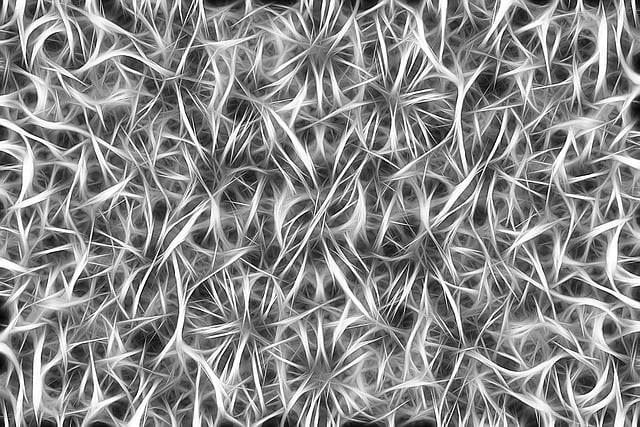
Chiropractic care is often considered an effective treatment approach for nerve impingement, especially following a traumatic event like a crash. Chiropractors are trained to diagnose and address misalignments in the spine, which can put pressure on nearby nerves. Through various manual adjustments and manipulative techniques, they aim to alleviate this pressure, providing relief from pain and other symptoms associated with pinched nerves.
One of the key benefits of chiropractic care for nerve impingements is its non-invasive nature. Unlike surgical options, chiropractic manipulation focuses on restoring normal joint function without incisions or extensive recovery periods. This makes it an attractive alternative for many individuals seeking a treatment for pinched nerves after a crash, offering a gentle yet potent means to heal and prevent further damage.
Additional Therapies and Self-Care Measures for Recovery
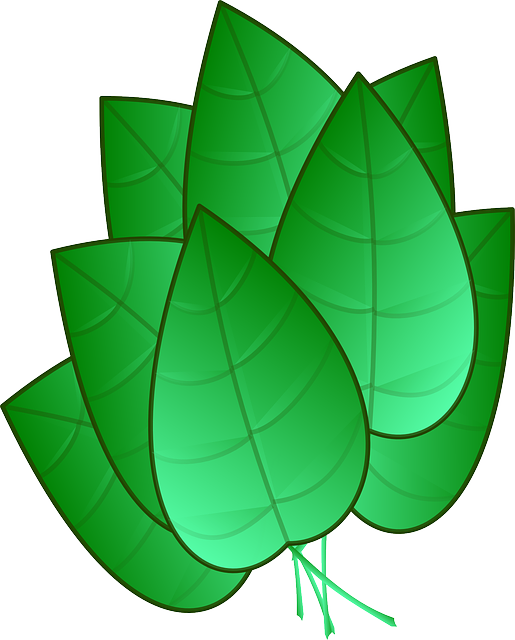
After receiving initial adjustments from a chiropractor, a multifaceted approach combining additional therapies and self-care measures can significantly enhance recovery for pinched nerves resulting from a crash. Physical therapy is often recommended to improve flexibility, strengthen supporting muscles, and reduce pain. This may include exercises focusing on the neck and back, along with techniques like heat or ice therapy to alleviate inflammation and discomfort.
Self-care plays an equally vital role in managing and preventing future impingements. Resting and avoiding strenuous activities during the acute phase is crucial. Applying ice packs for 15-20 minutes several times a day can help reduce swelling and numb pain temporarily. Over-the-counter pain relievers like ibuprofen or acetaminophen can provide additional relief, while maintaining good posture throughout the day and using ergonomic support for the neck and back at work or during extended periods of sitting can prevent reoccurrence.
The effective treatment of neck and back nerve impingement following a crash involves a multifaceted approach. Chiropractic care, known for its gentle adjustments and holistic focus, can significantly alleviate pain and restore function. Additionally, incorporating targeted therapies and self-care measures, such as physical therapy exercises and ergonomic modifications, accelerates recovery. For those seeking relief from pinched nerves after a crash, combining these treatments under the guidance of a qualified chiropractor offers a promising path to a pain-free, mobile life.

